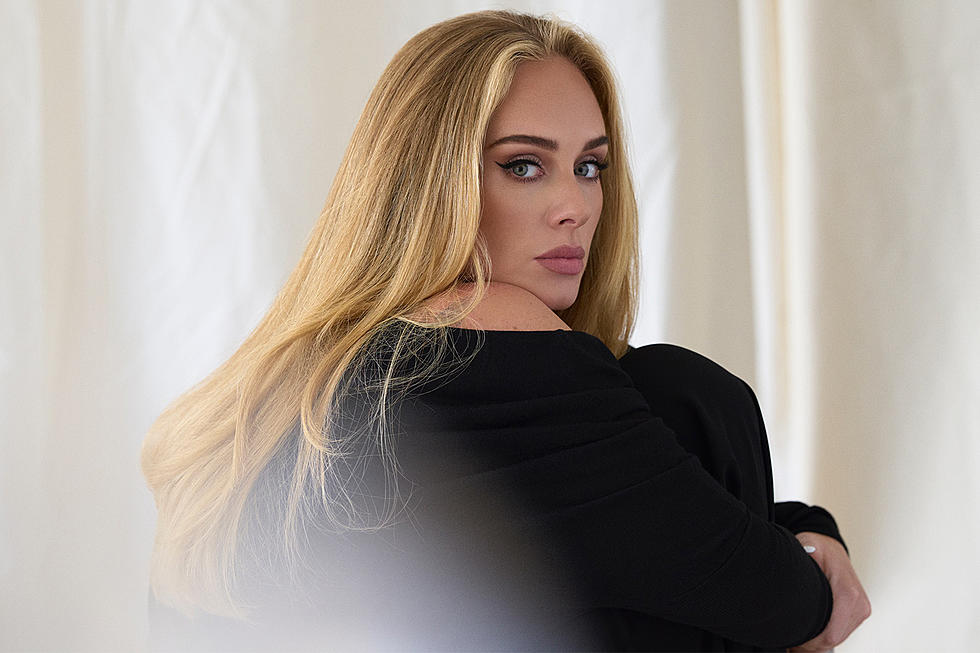
Supreme Court Hears First of Two Gay-Marriage Cases
On Tuesday, the Supreme Court heard oral arguments in Hollingsworth v. Perry, the case that is challenging the constitutionality of California's Proposition 8, which banned same-sex marriage. It is the first of two gay-marriage-related cases the court will hear this week; on Wednesday it will hear arguments in United States v. Windsor, a challenge to the constitutionality of the federal Defense of Marriage Act (DOMA).
Prop 8 was approved by California voters by a 52 percent to 48 percent vote in 2008. Soon after, a federal appeals court overturned it. Today, it reached the highest court in the United States.
So what happened?
Well, we won't know the official decision for quite some time, but we can tell a few things by how the arguments went today—what questions the justices asked, and how the lawyers for each side presented their cases. The general consensus seems to be that the Supreme Court will not issue a sweeping ruling that declares a constitutional right to same-sex marriage, though it almost certainly will not declare same-sex marriage illegal either.
The justices seemed hesitant to rule on whether there is a fundamental right to same-sex marriage. On the court's more liberal side, Justice Sandra Sotomayor was curious about why the Supreme Court should step in now when the issue is being actively debated in the states—as if she felt not enough time had passed allowing voters and legislatures to sort through the issue first.
Justice Samuel Alito, who falls on the more conservative wing, echoed these sentiments, remarking that the issue of gay marriage is younger than cell phones or the Internet.
Alito, along with fellow conservatives Antonin Scalia and Chief Justice John Roberts, seems unlikely to toss out Prop 8. Those three plus reliably conservative Clarence Thomas, who, as usual, did not ask any questions, will probably vote on the opposite side of the court's liberals—Sotomayor, Elena Kagan, Ruth Bader Ginsburg and Steven Breyer—who asked Prop 8-defending attorney Charles Cooper a good deal of tough questions about why gays and lesbians should be prevented from having the right to marry.
As is often the case, the swing vote will probably be Anthony Kennedy. Kennedy seemed particularly hesitant to make any sweeping rulings, at one point telling attorney Ted Olson, who supports the overturning of Prop 8, that Olson was asking the court to enter "uncharted waters." However, Kennedy also made the point that 40,000 children in California have same-sex parents, and that their voices should not go unheard.
More From TSM Interactive









